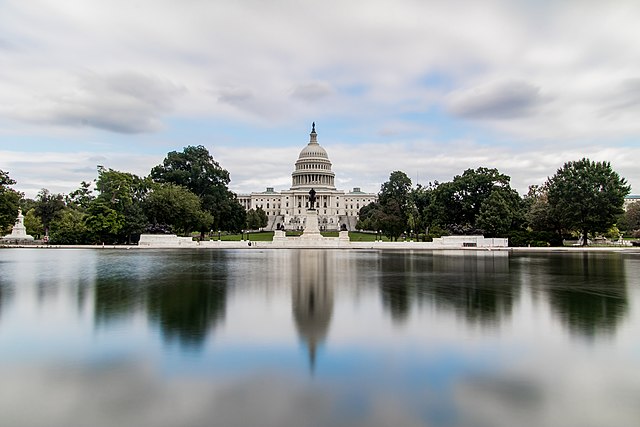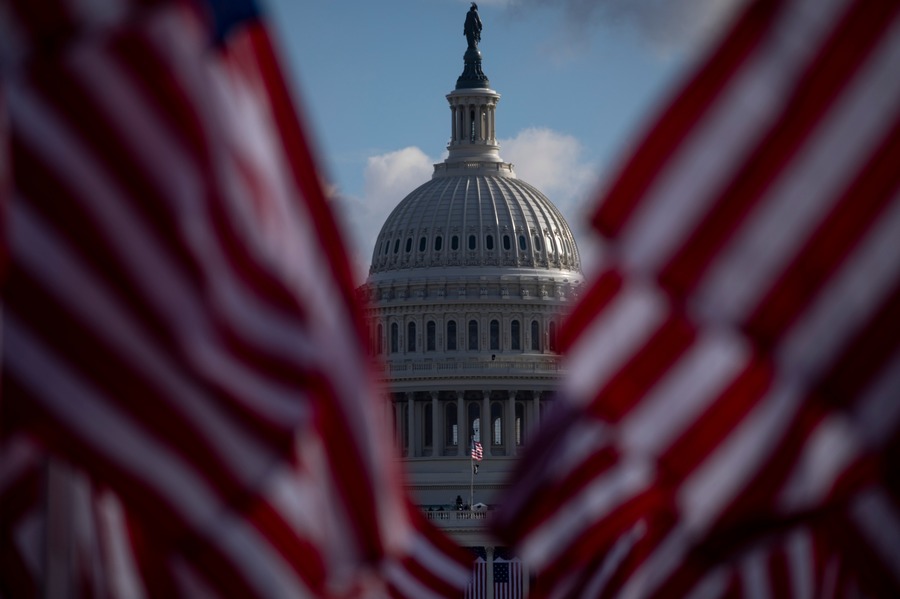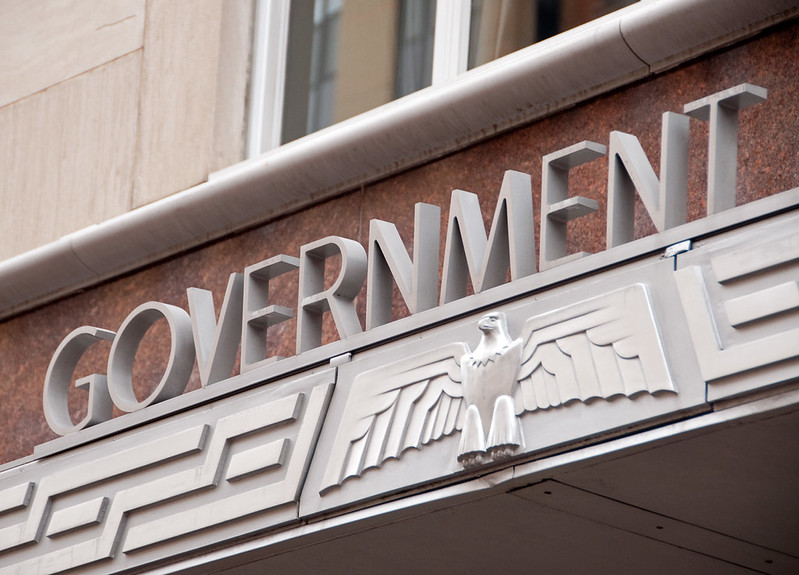Emergency Powers Reform Advances

One of the most important presidential power reforms in many decades—reform of the president’s emergency powers—is making important progress toward passage in Congress.
Background
The president has over 100 statutory authorities, many quite broad, that can be invoked on the basis of a national emergency declared by the president alone. President Biden has invoked one of these emergency authorities to forgive student loans. President Trump invoked another to fund the border wall. Both invocations of emergency power were contested. Neither situation was a real emergency in the sense of “an unexpected and difficult or dangerous situation, especially an accident, that happens suddenly and that requires quick action to deal with it.” This expanded meaning given to “emergency” through broad invocations of emergency powers is becoming a typical feature of the exercise of these powers.
Once emergencies are declared, in almost every case only the president can terminate them. The National Emergencies Act of 1976 gave Congress a legislative veto over presidential invocations of emergency power. But INS v. Chadha killed that route by invalidating the legislative veto. Congress therefore must almost always override a presidential veto to terminate a president’s exercise of statutory emergency powers. Unsurprisingly, today there are 43 emergency declarations in force—including, amazingly, the emergency that President Carter declared in 1979 in response to the Iran hostage crisis, President Clinton’s 1994 emergency declaration on weapons of mass destruction, and President Bush’s 2001 declaration after the Sept. 11 attacks.
The Bills in Congress
On Sept. 18, the House and the Senate took important steps toward reforming their statutory authorizations to the president for emergencies. The House Transportation and Infrastructure Committee approved the amended ARTICLE ONE Act by voice vote. The committee members unanimously supported this legislation, sponsored by Reps. Chip Roy (R-Texas) and Steve Cohen (D-Tenn.). The bill provides that to exercise extant statutory emergency powers, the president must proclaim a national emergency and identify the law relied on. Most importantly, it specifies that the president’s invoked emergency authority lasts only 30 days and then terminates unless Congress, using expedited procedures, approves the declaration for a one-year period (which Congress must then renew for continuance). (The law provides an exception to this termination if Congress is unable to convene.) The law also provides that all prior emergencies shall expire according to the rules under extant law (which in general is within a year after proclamation or renewal) but cannot continue in effect after that period unless renewed by Congress in accord with the new law.
The Senate Homeland Security and Governmental Affairs Committee reported out Sen. Rand Paul’s (R-Ky.) amended REPUBLIC Act by a vote of 13-1. This legislation contains reforms that are similarly worded and in substance practically identical to the ARTICLE ONE Act.
The actions in both authorizing committees are meaningful steps toward passage of this vital reform.
The IEEPA Carve-Out
Both the ARTICLE ONE Act and the REPUBLIC Act carve out the International Emergency Economic Powers Act (IEEPA) from emergency powers reform. This is a significant exception, but we believe it is justified on pragmatic grounds.
IEEPA authorizes the president to impose economic sanctions on persons and entities if the president determines that there exists an “unusual and extraordinary threat, which has its source in whole or substantial part outside the United States, to the national security, foreign policy, or economy of the United States.” An IEEPA carve-out is significant, since IEEPA is the emergency statute most frequently relied on by the president. IEEPA is the legal basis for dozens of extant sanctions regimes. It is among the president’s most important foreign policy tools. In theory, the 30-day termination rule could apply to IEEPA, but requiring Congress to approve dozens of sanctions regimes and related uses of IEEPA on a yearly basis (and within 30 days upon issuance of new IEEPA orders) would be a very heavy lift.
IEEPA is not without problems. Both the trigger for sanctions and the array of sanctions available to the president are expansive. But reform of IEEPA requires greater care and nuance than more general emergency powers reform—both in terms of what the president should be authorized to do and with regard to the regime of congressional approvals. It is better to take the historic reform that is available now, see how it operates in practice, and then turn to IEEPA reform in the future.
Another reason this is the best route is that it is likely the only practical route to emergency reform today. Emergency powers reform might not have the votes in Congress absent the IEEPA carve-out. And emergency powers reform without an IEEPA carve-out will be much harder for the White House to accept.
This is an important consideration since reform even with the carve-out marks a significant return to congressional checks on presidential power. Such reform would, for example, check the outdated emergency powers related to the so-called “internet kill switch” and to undefined control over domestic transportation. As we once argued, “Even with the IEEPA carveout, emergency powers reform is still highly important reform that will reset the balance of power between the political branches in this vital area. At some point, Congress should address both substantive and procedural reform of IEEPA. But now is not the optimal time to do so, and the perfect should not be the enemy of the very good.” We think this remains true today.






